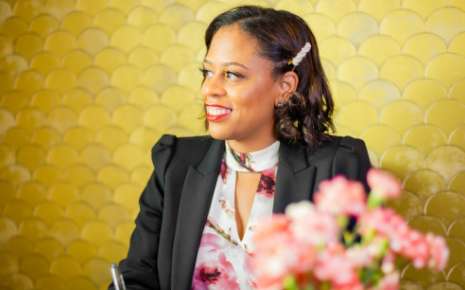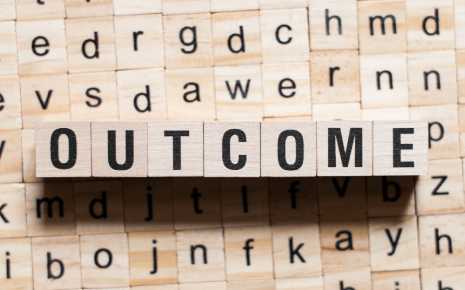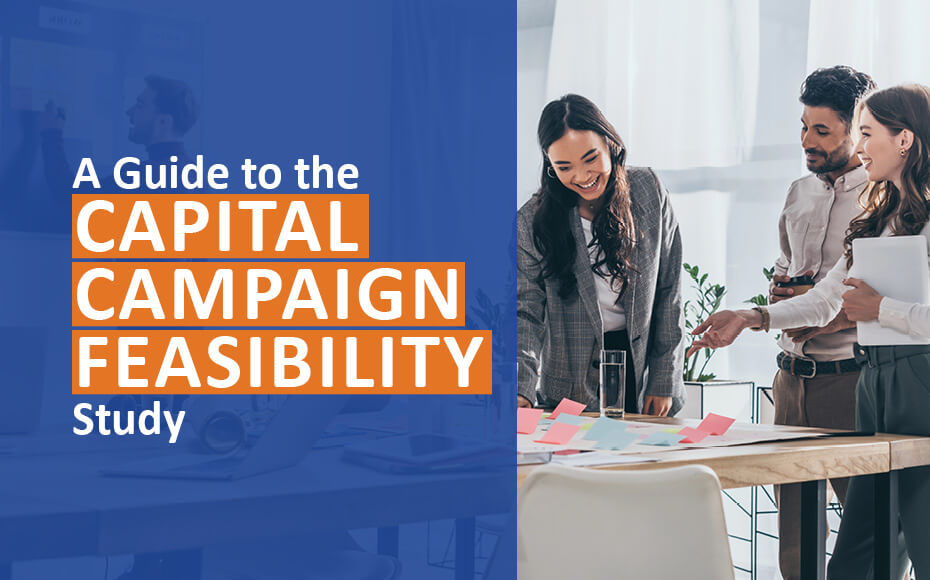I was recently joined on our podcast (The Difference: Nonprofit Fundraising in a For-Profit World) by Antoinetta Mosley, the founder and CEO of I Follow the Leader. I Follow the Leader is a leadership consulting firm that specializes in diversity, equity, and inclusion. Antoinetta is a certified diversity professional who holds a Master's in nonprofit management. She and her team partner with organizations to improve their overall culture, and increase profitability, creativity, and innovation. I wanted to share a few parts of our conversation as well as the real-world examples and advice Antoinetta provided to help nonprofits progress on the diversity continuum and affect real change in their organizations.
One of the core values at I Follow The Leader is 'to produce transformative outcomes that change the pace of progress and lead to systemic solutions in workplaces and communities.' That really speaks our language at Convergent! We talk a lot about the power of outcome-driven fundraising. How do you use outcomes in diversity and inclusion consulting?
Antoinetta: As a former nonprofit executive, I think this is a space nonprofits can really lead because we are so community-focused and driven. I really want the sector to get to a place where our leadership teams and our boards reflect the populations we're serving. If we do not, how can we close that gap between our clients, the community, and our stakeholders? That's one of the biggest outcomes I think is most important for nonprofits is to look at the demographic of their leadership teams and boards and compare it to those of their primary customers or those who benefit from their service.
What would you say is the first step for a nonprofit trying to make systemic changes in their organization?
Antoinetta: You talked earlier about how we really want to change the pace of progress. The first step is that leadership has the affirm that Diversity, Equity, and Inclusion (DEI) are strategic priorities. Even before you start to look at your leadership team and how it looks and compare it, it's really, 'does leadership understand DEI?' Do they understand the positive impact that the research shows it will have on the organization?
I often say DEI is not just a heart issue, it's a strategic issue. We help leaders of nonprofit and for-profit companies understand more about the business case of embracing DEI and how it can help the profits and long-term sustainability of the organization.
I was telling you earlier that Convergent has actually formed an IDEA (Inclusion, Diversity, Equity, and Access) committee. We started with goals around education and perspective shifts and then we next created a statement of diversity and inclusion. What have we missed and where should we go from here?
Antoinetta: Education at any time is great. Everyone in your organization and even those coming in who are new should have that baseline knowledge of what DEI is, what racial equity is, what belonging is. That is so important. What we recommend for our second phase the assessment phase is surveying key stakeholders. This is something that most companies miss. How do your current employees, current leaders, and board of directors feel about where you are as a company with DEI? We usually recommend that organizations don't create their statement or strategic action plan until they have first done this assessment.
Can you talk for a minute about your firm's PACE framework?
Antoinetta: Sure, I'll give a brief overview and feel free to go to ifollowtheleader.com/framework. The PACE framework stands for Prepare, Assess, Commit, and Execute. What I talked about in the beginning was the preparation phase, which is leadership affirming DEI is a strategic priority. Then you really have to challenge past beliefs and assumptions. A lot of nonprofits have been in place for many years. We have to get in the mindset that some things may have to change to have a more diverse, equitable, and inclusive workplace...
...then you go into the assessment phase, which is also called a cultural audit phase. You can do this through focus groups, one-on-one interviews, or strategy sessions. Then, you need to review policies, procedures, and communications related to DEI. We recommend following best practices here and having an experienced outside company conduct the cultural audit and provide you with next steps. A lot of people have an internal group or HR, but it's important to make sure employees feel like it is anonymous so they can share things they may not have shared before.
After that, we recommend committing to a strategic action plan with measurement and either a pipeline and recruitment plan or a volunteer plan. Doing unconscious bias training or respectful workplace training may be a part of this.
The last phase is execution, which includes tracking and measuring progress. I've seen a lot of companies have great initiatives and priorities, but they are not measuring them on a regular basis and don't know how they are doing. It's really important to measure those results and share them with internal and external stakeholders. A lot of investors are now asking some of these questions and want to see these results. A DEI action and measurement plan makes it that much easier to articulate to your stakeholders how you are doing and where you want to go.
What are some examples of great DEI work that you are seeing whether it's on the assessment side or the action and implementation side?
Antoinetta: I think something I am really proud to see is just nonprofits realizing what their demographics are... we do a lot of skills matrices for our boards, but it is important to also do a demographic matrix. Are there spaces you're missing? That is something I have seen a lot of organizations starting to do that I think is really great. I think a lot of foundations are also helping with that which is great as well.
What is one thing you are not seeing that you wish more nonprofits would do or would make a priority?
Antoinetta: I think having more of these 'courageous' conversations, and I always put courageous in quotes. There are only a few nonprofits I know that, when something happens in our country that may affect a lot of clients or employees, just take 30 minutes or an hour out of the day to allow people to process. Just like we have an external crisis communication plan, it is important to incorporate into that internal communication around an event. Again, it may just be 30 minutes on a video call where people can say, ‘This is how I am feeling today.’
Antonietta, on your company's blog you have some great leader profiles. I loved reading those, and I wanted to turn the table on you now. Two of the questions you have asked quite a few people were: What one trait would/should an impactful leader today have? What one book should they read?
Antoinetta: A trait that every impactful leader would have would be empathy. The ability to listen to others, the ability to put yourself in someone else's shoes. The book that I love is Never Split the Difference: Negotiating As If Your Life Depended On It. The author is a former hostage negotiator, and he teaches you how to negotiate. That book helped me to stand up for myself more. I really recommend it, especially to women... I also recommend it because it helps with equity. I think the author has some Ted Talks as well. Very funny character who gives some great advice!
Thank you again so much for your time Antoinetta, thank you for joining our podcast. Can you tell our listeners how they can contact you to find out more or get some help for their organization on DEI initiatives?
Antoinetta: You can go to ifollowtheleader.com. That is where you can see our PACE phased framework and learn more about us. We also have a blog with a lot of DEI information. We recently published an article with nonprofit statistics and at the end of it there are links to a handout with free resources. Thank you for having me!






